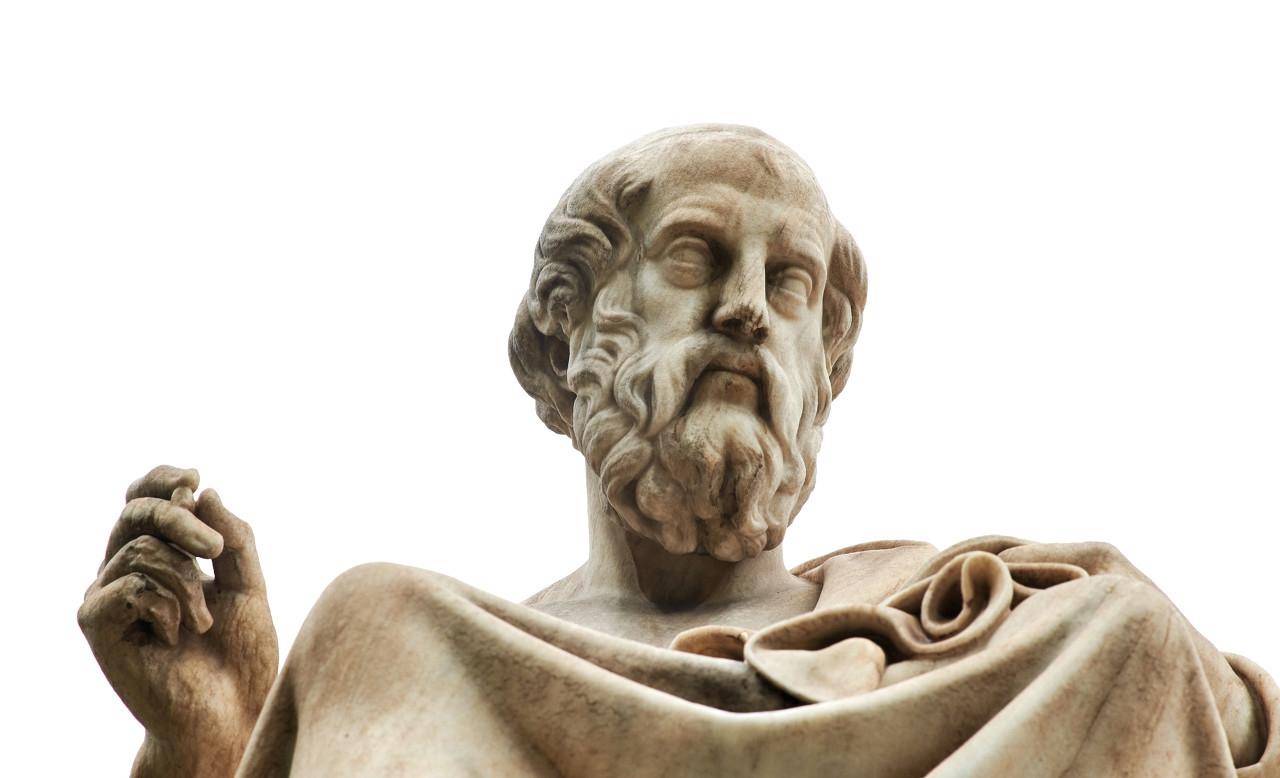Plato was a famous philosopher, thinker, educator and mathematician in ancient Athens, whose representative works include Dialogues and the Republic. Plato, one of the three great masters of ancient Greece, left a wealth of philosophical wealth for the world
Unlike his teacher Socrates, who came from a poor background, Plato was born into a wealthy aristocratic family of slave owners. He could have lived his life comfortably like other rich children, but he was not! He went into battle to kill enemies and became a Greek warrior of all kinds; he studied philosophy and became a proud disciple of Socrates; he founded academies and used his knowledge to lead people to the Republic. He created an immortal legend for us in the field of philosophy.

What does Plato think about justice, about good state governance? Let's take a closer look.
Plato divided the state into three classes: the ruling class, the strictly philosophically educated ruling class, the warrior class that defended the country, and the commoner class. He despised personal happiness and placed an infinite emphasis on the city-state as a whole, on what he himself thought was "justice." In Plato's eyes, the people of the third class are inferior and deceitful. He gave the ruler supreme power, and even the ruler "can lie against the enemy or the citizen for the sake of the national interest."
The theme of the discussion in the Republic is the question of justice, starting with the justice of the state. Plato believed that a good nation should possess the four virtues of wisdom, bravery, self-control, and justice.
The wisdom of the state requires it to have the knowledge to govern the whole country, and only a few people have such wisdom; the bravery of the state belongs to the defenders who defend it; the self-control of the state is a kind of harmony, and when the ruler and the ruled can be in harmony, the state achieves self-control. If a nation has these three virtues, there is justice.
Philosophers are people who love wisdom, but those who are curious about everything are not really philosophers, only those who are passionate about seeking truth are philosophers, and this involves the question of truth.
Plato divides the world into sensible worlds and ideas, and those who only love concrete things such as the tone or image of beauty have only opinions and no knowledge, and only those who know the idea of beauty itself, that is, beauty, and distinguish it from concrete things, and do not confuse each other are knowledgeable people.
Plato illustrates through the metaphor of the "sun" that just as the sun is the cause of the visible world, goodness is the reason for the existence of all ideas in the world of ideas, and it is the highest idea. He further divides the two worlds into 4 parts through the metaphor of "line":
First, the image;
Second, the physical object of the image;
Third, mathematical objects. The soul studies the physical object of the image as an image, and it can only descend from the hypothesis to the conclusion;
Fourth, the idea. The soul moves from hypothesis to the first principle, no longer using images but ideas for systematic study.
The first two parts belong to the visible world, and the last two parts make up the knowable world.
Correspondingly, the state of the soul can also be divided into 4 stages: imagination or speculation, belief, reason, and reason.
In addition to the above, Plato also established many doctrines for us, such as the theory of ideas, spiritual love, the theory of soul memory, the metaphor of caves, the discussion of truth, goodness, justice, and so on. These philosophical themes or topics of the times, take out one at random, and they are super weighty.
So the English philosopher Whitehead said that the two thousand years of philosophical history in the West are just a footnote to Plato. This is a bit exaggerated, but it also reflects the charm of Plato's philosophy, which has endured for thousands of years and still has a strong significance of the times.